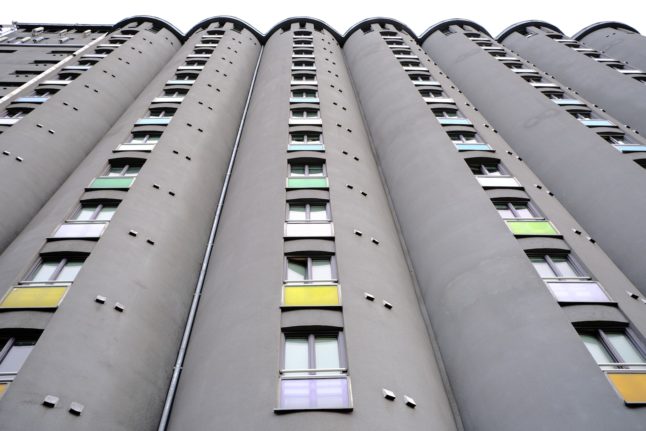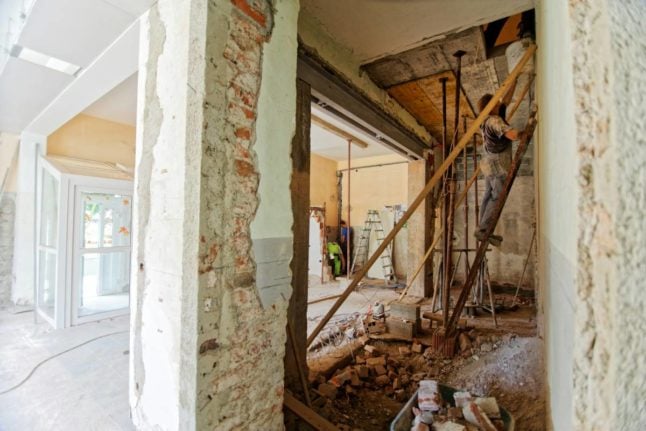In just over a week, prospective students will find out whether or not they have been admitted into a Norwegian university.
This means many are considering the prospect of staying at student halls and dormitories. Public broadcaster NRK reports record-long queues to get into student housing.
In Oslo, more than 7,000 students are waiting for student accommodation.
“When students, in general, find it tighter and tighter financially, it is not surprising that students in Oslo struggle extra. Everything has become more expensive, especially rental housing,” Karl Magnus Nikolai Coronus Dretvik Nyeng, leader of the Norwegian Welfare Council in Oslo and Akershus, told public broadcaster NRK.
READ MORE: How to get student housing in Norway as an international student
One reason for the increased demand is surging rents in the private sector. The Student Union in Oslo will raise its prices by 4.6 percent in August. Meanwhile, the cost of renting in Oslo has increased by 11.9 percent in the past year.
“Now, when an apartment in Oslo is rented out for an average of 19,000 kroner a month and a studio well over 10,000 kroner, it is clear that it is cause for concern for the housing situation,” Jørgen Hellestveit, from the property section of the ad-listing site, Finn.no told NRK.
Last week, the Norwegian Student Organisation (NSO) called on the government to introduce a rent cap. Something which the government has previously ruled out to The Local Norway.
Finn, the country’s most popular website for ad listings, said that the number of homes available for rent in Oslo had decreased by around 10,000.
“Now we see record traffic on the rental ads, and fewer people rent out. There will be fewer homes for students and other tenants, and there will be a lot of competition for those who are outside,” Hellsetveit said.
This may mean that students spend far less time on their studies and more time trying to make ends meet, according to Nyeng.
“The tighter and more expensive the housing market in Oslo becomes, the more students have to work even more alongside their studies,” he said.



 Please whitelist us to continue reading.
Please whitelist us to continue reading.
Member comments